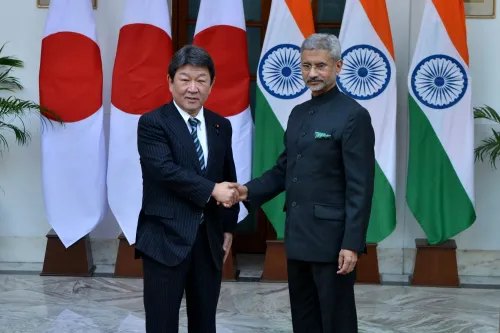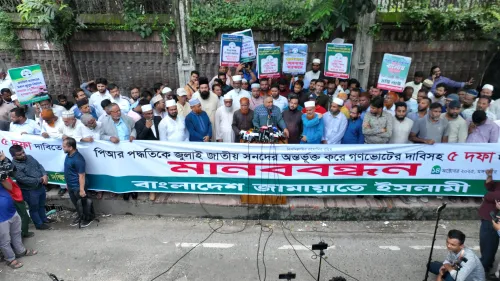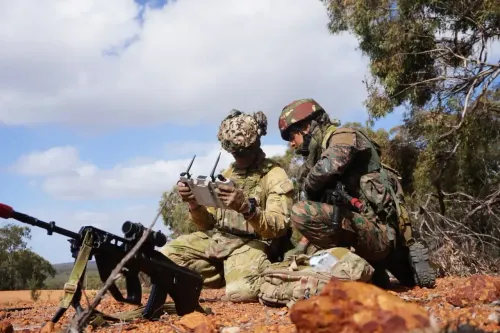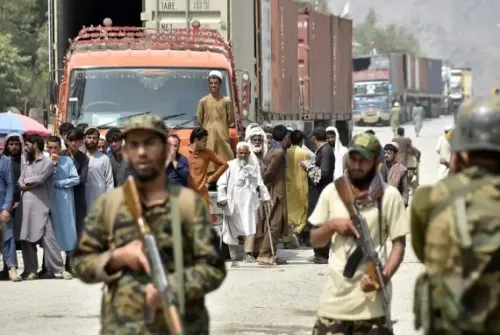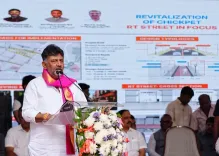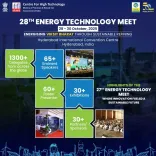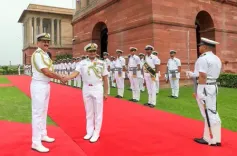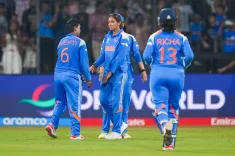What Are the Latest Developments in Tehran's Nuclear Issue?
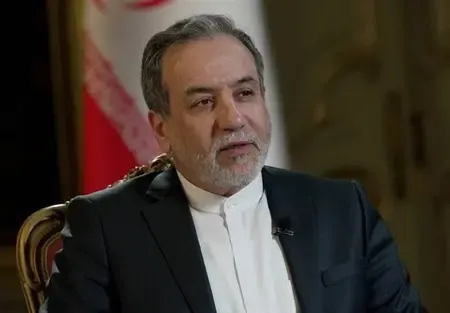
Synopsis
Key Takeaways
- Iran and EU officials are actively discussing the nuclear issue.
- Recent actions by E3 nations have raised tensions.
- Iran reiterates its commitment to diplomacy.
- The JCPOA remains a critical framework for nuclear negotiations.
- The 'snapback' mechanism is key to international sanctions.
Tehran, Sep 5 (NationPress) The Iranian Foreign Minister Seyed Abbas Araghchi and the European Union's foreign policy chief Kaja Kallas engaged in discussions about the recent advancements concerning Tehran's nuclear situation, following the actions of France, Britain, and Germany to initiate a mechanism aimed at reinstating international sanctions against Iran, as stated by Iran's Foreign Ministry on Friday.
During their meeting in Doha, Qatar, on Thursday evening, both Araghchi and Kallas exchanged insights on Iran's collaboration with the International Atomic Energy Agency (IAEA), according to a statement from the ministry, as reported by Xinhua News Agency.
Araghchi condemned the actions taken by Britain, France, and Germany, known collectively as the E3, to trigger the “snapback” mechanism, describing it as “unlawful and unjustified.” He reminded Kallas of her “important” role as the coordinator of the joint commission overseeing the 2015 nuclear deal, officially referred to as the Joint Comprehensive Plan of Action (JCPOA), which involves Iran and global powers.
He emphasized Iran's unwavering commitment to diplomacy, asserting the country's “seriousness and steadfastness” in this pursuit.
Kallas noted that diplomacy and negotiations are the only viable paths to address the concerns of all involved parties, underlining the necessity to provide diplomacy with increased opportunities.
The Iranian Foreign Ministry indicated that both sides agreed to continue their bilateral discussions in the upcoming weeks.
In a recent interview with state broadcaster IRIB, Reza Najafi, Iran's ambassador to international organizations based in Vienna, stated that Iran is set to engage in a new round of talks regarding a “new form of cooperation” with the IAEA in Austria on Friday.
Iran halted its cooperation with the IAEA following the Israeli-U.S. attacks on its nuclear facilities as well as the assassination of Iranian nuclear scientists in June.
In July 2015, Iran entered into the JCPOA with six significant nations—Britain, China, France, Germany, Russia, and the United States—accepting limitations on its nuclear program in exchange for relief from sanctions.
However, the United States withdrew from the JCPOA in 2018 and reimposed sanctions, prompting Iran to reduce some of its nuclear obligations.
The “snapback” mechanism included in the JCPOA permits the other signatories to reinstate international sanctions if Iran does not comply with the agreement.

